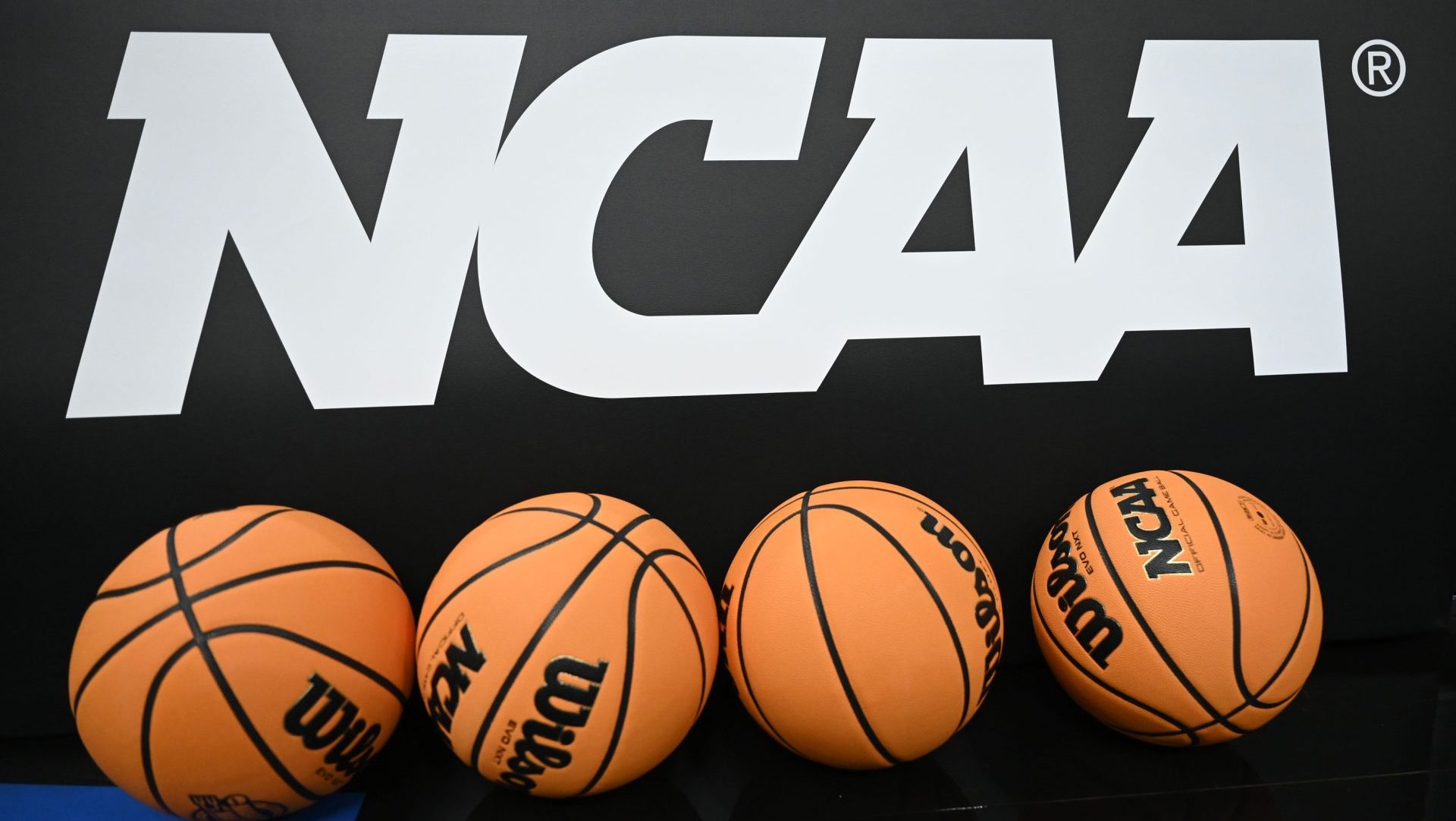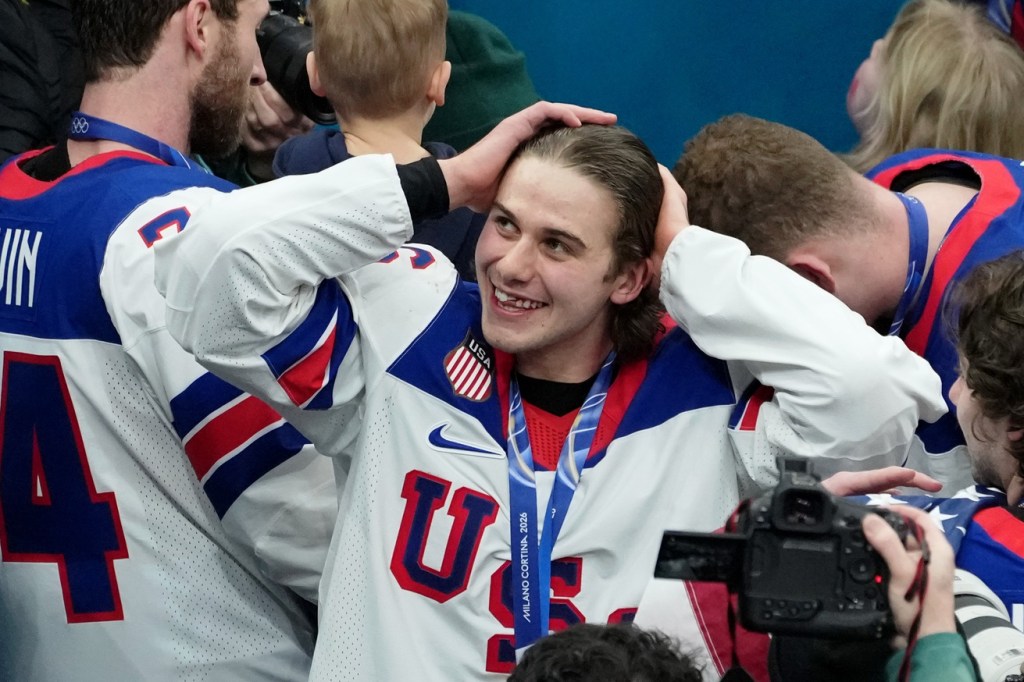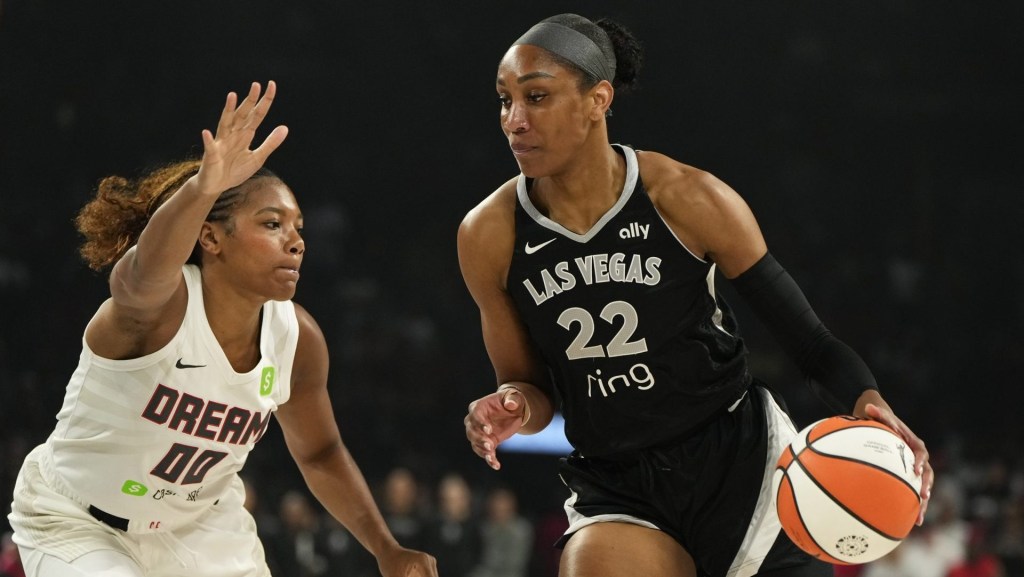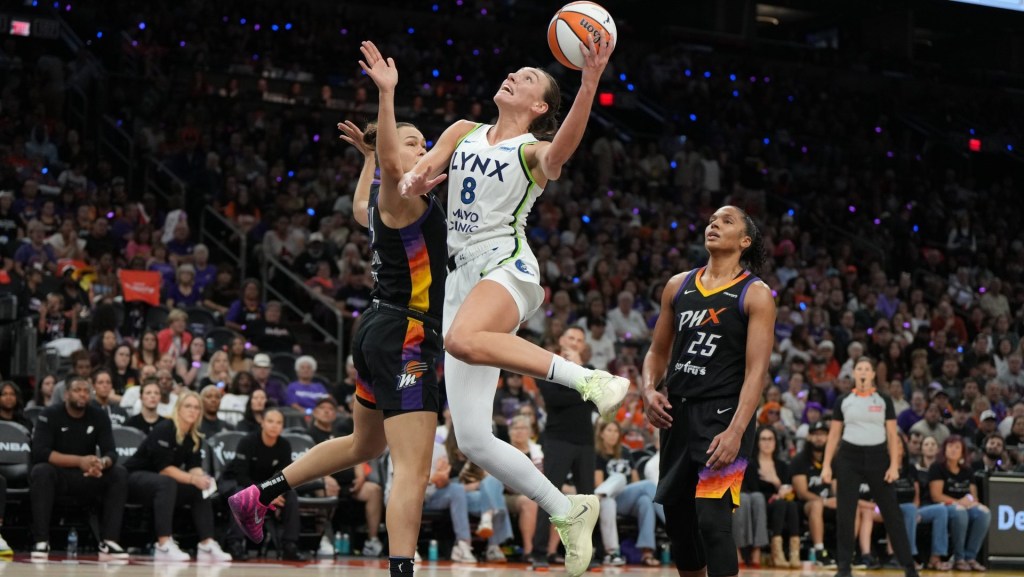In a five-page order issued Wednesday, Northern District of California Judge Claudia Wilken dropped a bombshell: She wouldn’t approve the potentially landmark House v. NCAA settlement—which would allow schools to pay players for the first time—unless parties fixed an issue with roster limits.
Wilken set a two-week deadline, promising to reject the settlement if the parties didn’t make the changes she requested on this specific issue. In statements Wednesday night, plaintiff attorneys said they would work on the issue with defendants’ attorneys, who said their priority was still to approve the settlement.
The NCAA, along with the former Power 5 conferences, now have a decision to make: Relinquish control or risk losing billions of dollars at trial, as well as any goodwill they may have built in Congress by agreeing to change their business model with the House settlement.
Roster limits have become a main concern over the past few months, with hundreds of athletes filing objections—and several speaking at the fairness hearing on April 7. The crux of the settlement, which involves three federal cases, would offer $2.8 billion in damages to athletes who couldn’t profit off name, image, and likeness (NIL) before 2021, as well as allow D-I schools to share up to $20.5 million with all their players this year. But the settlement imposed other restrictions, one of which was a clearinghouse to scrutinize NIL collective deals, ensuring that they’re “fair-market value.” Another was roster limits: The NCAA agreed to lift any limits on the number of scholarships given to college athletes, allowing schools to offer full rides to as many players as they could afford to, so long as their teams abided by new caps on rosters. This particular provision creates its own problem because many current players have been cut in order to satisfy these new restrictions, and incoming athletes have had their roster spots rescinded.
During that hearing, Wilken appeared to endorse a solution: “grandfather” in all the current athletes on teams, as well as all future athletes who have already received roster spot offers, so that cuts would impact them. That way, roster limits could be phased in so no athletes lost an opportunity they’d already received.
Ultimately, the parties declined to make changes, saying roster limits were reasonable restrictions in the sports world, and that the grandfathering idea would be too disruptive to teams that had already cut players in anticipation of the settlement. Wilken, however, didn’t buy it, saying that she couldn’t approve a settlement that harmed some of the members of the plaintiff class.
Over the next 14 days, attorneys for all parties will confer, among themselves and with the designated settlement mediator, to see if they can salvage the agreement.
The NCAA had previously indicated in court documents that it was against making exceptions to roster limits. The plaintiff attorneys haven’t made a strong public statement either way—attorney Jeff Kessler previously told Front Office Sports that the settlement doesn’t require roster limits, it only allows them. Then, on Wednesday,Plaintiff attorney Steve Berman released a statement implying the holdup was with the NCAA alone: “We will work hard to convince the NCAA and the conferences to address the court’s concerns.”
But the attorneys for the NCAA, conference, and players now aren’t the only ones involved. Wilken has “requested” that lawyers representing objectors—Steve Molo, Laura Reathaford, and the Buchalter firm—be consulted on potential solutions. ““We are very happy with today’s order from Judge Wilken regarding the phasing-in of roster limits,” Reathaford said in a statement to FOS. “The judge followed the law. We look forward to working with the parties on an amicable resolution to this problem.”
There’s still a chance the settlement could be approved within the next month, if the parties submit a new draft on time. After all, Wilken confirmed that none of the other objections— about gender equity, antitrust issues with the salary cap and NIL clearinghouse, and the rights of future athletes—would move her to reject the settlement. Wilken said if the settlement agreement “does not adversely affect class members,” she wouldn’t require another monthslong round of class member notices. If the parties can’t fix the roster limits problem, however, the case could go to trial.
In a statement Wednesday, the NCAA and power conferences said they were reviewing the order, and reiterated that their goal was still to ultimately get the settlement approved—implying they would consider a way to address the roster situation. Berman, similarly, said the plaintiffs were ready to fix the problem.
But he added: “If we are unable to do so, then we are off to trial and we will return to fighting the NCAA in court with next steps.”
Meanwhile, college sports in general faces changes no matter what. If the settlement is ultimately approved with new changes, teams may have to reinstate roster spots for athletes they’ve already cut or whose incoming spots they’ve revoked.
If it isn’t approved, the NCAA could still authorize revenue-sharing—and though it’s unlikely they’d want to do this without a settlement agreement, they might have to. Certain states have already passed laws requiring the NCAA to allow for revenue-sharing. NIL collectives nationwide have begun issuing NIL contracts based on the settlement terms; and athletic departments have begun hiring employees and fundraising for the revenue-sharing era, sources have confirmed to FOS. The fate of these resources and contracts without a settlement is unclear.




![[Subscription Customers Only] Jul 13, 2025; East Rutherford, New Jersey, USA; Chelsea FC midfielder Cole Palmer (10) celebrates winning the final of the 2025 FIFA Club World Cup at MetLife Stadium](https://frontofficesports.com/wp-content/uploads/2026/02/USATSI_26636703-scaled-e1770932227605.jpg?quality=100&w=1024)












